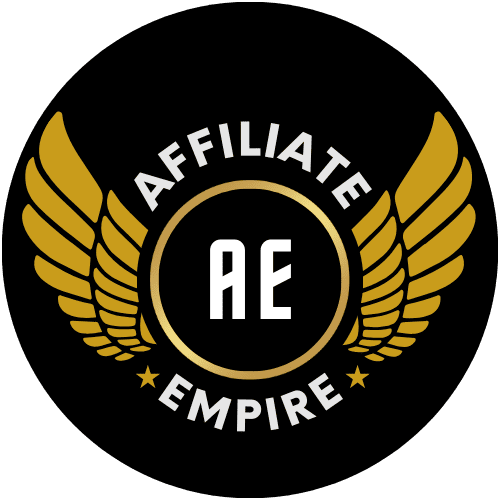
In the digital age, personal branding is no longer a luxury—it’s a necessity, especially for online entrepreneurs. Your personal brand sets the tone for your business interactions, attracts potential clients, and differentiates you from competitors. It’s about crafting a distinct identity that resonates with your audience and establishes you as a thought leader in your niche. In this blog post, we’ll explore effective strategies to help you develop a compelling personal brand that can enhance your online presence and drive business success.
Understanding Personal Branding
Personal branding is the intentional effort to create and influence public perception by positioning oneself as an authority in their industry, elevating their credibility, and differentiating themselves from the competition. For online entrepreneurs, this means developing a persona that highlights your strengths and communicates your unique value in a saturated market. Key components of a strong personal brand include authenticity, which helps in building trust; consistency, which reinforces your identity; and visibility, which expands your reach and influence.
Developing Your Brand Identity
The first step in personal branding is identifying what makes you unique. Ask yourself: What are my strengths? What do I want to be known for? This introspection leads to a unique value proposition—your personal promise of value that you deliver to your customers. Articulating your business values and goals is also crucial. It helps in crafting a consistent brand message that speaks directly to your target audience. Your brand’s visual identity plays a significant role as well. A recognizable logo, a consistent color scheme, and a professional-looking website design are all elements that people will associate with your brand. These should align with the tone and values of your business to enhance recognition and recall.
Building an Online Presence
Choosing the right platforms is critical to effectively build your online presence. Whether it’s LinkedIn for professional connections, Instagram for creative visual posts, or Twitter for quick updates and interactions, select platforms where your target audience is most active. Once established, focus on creating high-quality, relevant content that addresses the needs and interests of your audience. This could range from informative blog posts and engaging videos to insightful podcasts and infographics. Engagement is equally important. Regular interactions with your followers can help build a loyal community. Respond to comments, participate in discussions, and network with peers to boost your brand’s visibility and credibility.

Leveraging Social Media Effectively
Social media is a powerful tool for personal branding, but it requires a strategic approach. Each platform has its nuances and best practices. For example, LinkedIn is ideal for publishing professional articles and networking, while Instagram is great for building a visual story of your brand. Consistency across platforms is key. Ensure that your core message and aesthetic are uniform across all channels to reinforce your brand identity. Additionally, tools like content schedulers can help manage your presence effectively, allowing you to maintain a steady stream of content without becoming overwhelmed.
Content Marketing Strategies
Content is the backbone of personal branding. It not only helps in demonstrating your expertise but also plays a crucial role in engaging with your audience. Start by identifying topics that are not only relevant to your niche but also resonate with your target audience’s interests and challenges. This approach ensures that the content you produce—whether it be blog posts, whitepapers, or videos—is impactful and shareable. SEO (Search Engine Optimization) is another vital element of your content strategy. By incorporating relevant keywords, creating quality backlinks, and regularly updating your content, you can enhance your visibility in search engine results. This not only boosts your brand’s online presence but also drives more organic traffic to your site, increasing the potential for new business opportunities.
Networking and Collaboration
Networking is a powerful tool for expanding your brand’s reach. Engage with other entrepreneurs and influencers in your industry by attending virtual conferences, participating in webinars, or joining online forums. These interactions can lead to collaborations, such as guest blogging or co-hosting webinars, which introduce your brand to a broader audience. Additionally, leveraging social media for networking by actively commenting on, sharing, and reacting to posts in your industry can significantly enhance your visibility and establish you as an engaged, active member of your community.

Monitoring and Enhancing Your Brand
To ensure your personal brand remains effective, it’s important to continuously monitor your online presence. Tools like Google Alerts, Social Mention, and Brand24 can help track mentions of your name or brand across the web. Paying attention to what people are saying about you and your business allows you to respond promptly to feedback, addressing any negative comments and reinforcing positive engagements. Regularly reviewing your branding efforts and making necessary adjustments based on feedback and changing market trends is crucial. This ongoing process not only helps maintain relevance but also ensures your personal brand evolves along with your business.
Conclusion
Personal branding is an essential strategy for online entrepreneurs looking to establish a presence in a competitive digital landscape. By developing a strong brand identity, building a strategic online presence, leveraging social media effectively, employing smart content marketing strategies, and engaging in networking, you can enhance your visibility and credibility. Remember, the key to personal branding success lies in authenticity, consistency, and engagement.





